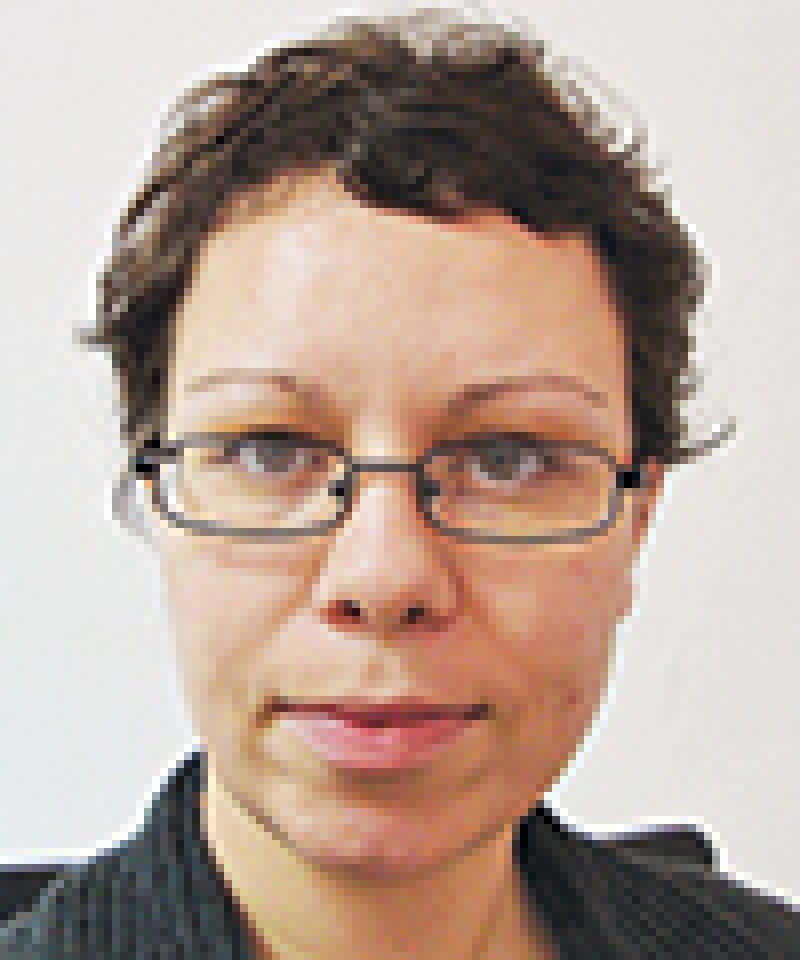
|
Elena Kostovska |
The amended Profit Tax Law of FYR Macedonia, published in the Official Gazette No. 112 on July 27 2014, will enter into force on January 1 2015. The law will be applicable retroactively to 2014 as well, insofar as the determination of the profit tax base for the fiscal year 2014 is concerned. According to the new law and contrary to current practices (introduced as anti-crisis measures in 2008), the profit tax base will revert back to being equal to the actual profit (total revenue less expenses) plus any non-deductible expenses (the so-called "expenses unrecognised for tax purposes"). The change is expected to impact the profit tax base of all companies across all industry sectors. An additional novelty in the law – that goes against the trend of expanding the tax base – is the reduction of the profit tax base for the amount of business-related investments made in tangible and intangible assets (with the exception of cars, furniture, audiovisual equipment and art).
It is worth noting that the currently available profit tax exemption for companies with total annual turnover not exceeding MKD 3 million ($62,000) will remain in practice as will the option for a 1% tax on the total annual turnover (as opposed to the 10% rate on the standard tax base). As a reminder, this second option is available only to companies with total annual turnover between MKD 3 million and MKD 6 million.
Elena Kostovska (elena.kostovska@eurofast.eu)
Eurofast Global, Skopje Office
Tel: +389 2 2400225
Website: www.eurofast.eu









